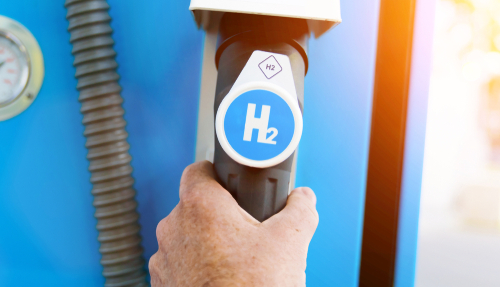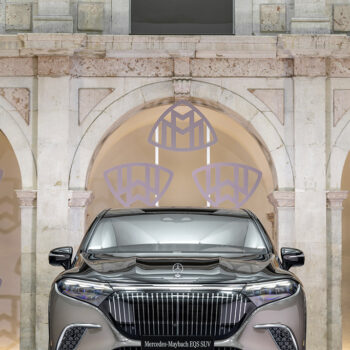
Hydrogen As Fuel For Cars: A Green Revolution Of The Automotive Industry
- Posted by lionsmill
- On May 15, 2023
- automotive, eco friendly, hydrogen, sustainable, zero green house emmissions
With the rise of climate change concerns and a growing demand for eco-friendly transportation, hydrogen as a car fuel source has emerged as a promising solution offering a more sustainable and efficient alternative to fossil fuels. This blog will explore why hydrogen is touted as the future of clean transportation.
The Power of Hydrogen As Fuel – Five Benefits
Environmentally Friendly
One of the main benefits of using hydrogen as a car fuel is no carbon emissions. When hydrogen is burned in an engine, the only by-product is water, meaning it has zero greenhouse gas emissions. It starkly contrasts traditional gasoline-powered engines, which emit significant amounts of carbon dioxide and other harmful pollutants into the atmosphere. By using hydrogen as a fuel, we can significantly reduce our carbon footprint and work towards a cleaner, greener future.
Energy Efficient
Hydrogen fuel cell cars are more fuel-efficient than traditional gasoline-powered vehicles. They convert up to 60% of the energy in hydrogen to power the vehicle, compared to only 20-30%for gasoline-powered cars. Hydrogen fuel cell cars can travel further on a single fuel tank than their gasoline-powered counterparts, making them a more cost-effective option in the long run.
Fast Refuelling
Unlike electric cars, which can take several hours to recharge, hydrogen fuel cell cars can be refuelled in just a few minutes, making them a more practical option for long-distance travel and eliminating the range anxiety often associated with electric vehicles.
Quieter Operation
Hydrogen fuel cell cars operate much more quietly than traditional gasoline-powered vehicles as fuel cell technology generates power through a chemical reaction rather than gasoline combustion in a conventional engine. This quieter operation creates a more peaceful driving experience and reduces noise pollution in urban areas.
Longevity of Fuel Cells
The fuel cells used in hydrogen fuel cell cars have a longer lifespan than traditional gasoline engines as they have fewer moving parts and operate at a lower temperature. With proper maintenance, the fuel cells in a hydrogen fuel cell car can last hundreds of thousands of miles, reducing the need for frequent engine replacements and overall maintenance costs.
Conclusion
As the automotive industry continues to shift towards more sustainable fuel sources, hydrogen fuel cell cars with clean emissions, efficiency, long driving range, and smooth driving experience are promising options for a greener future of transportation.

